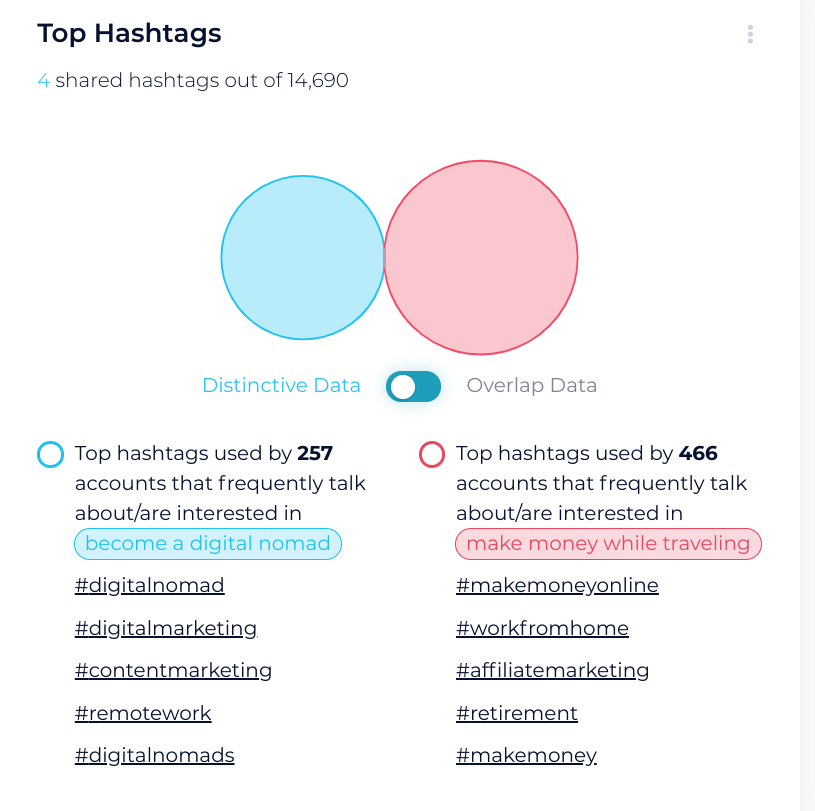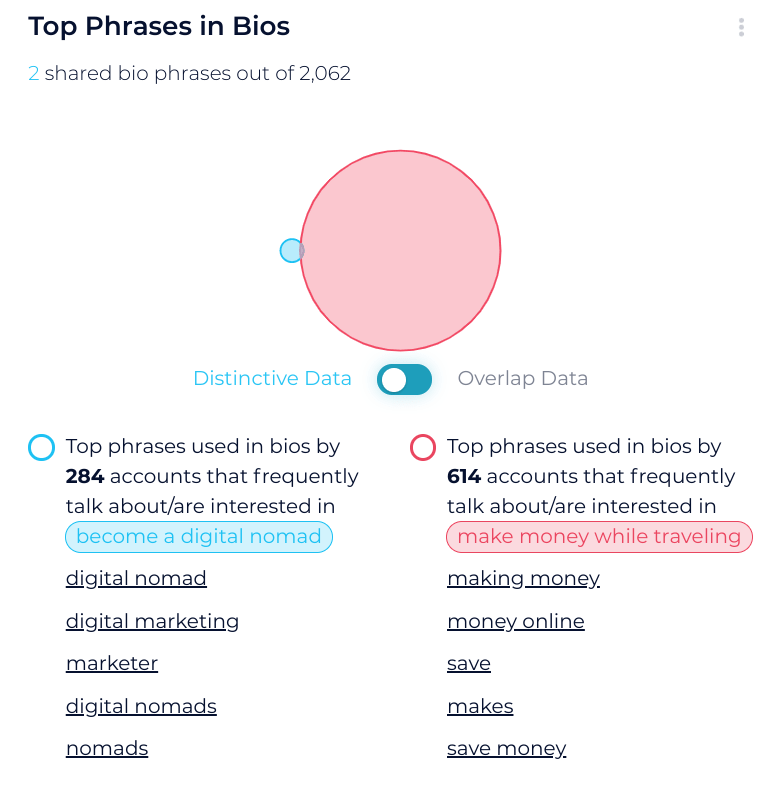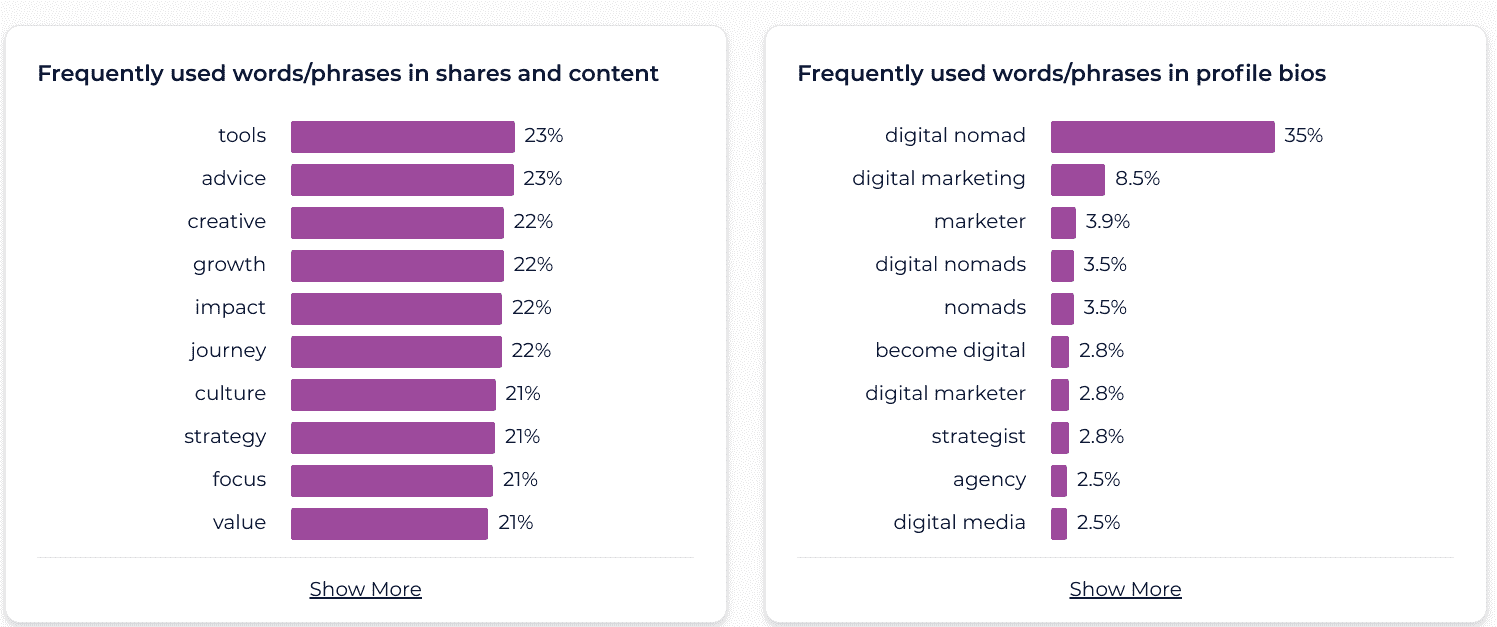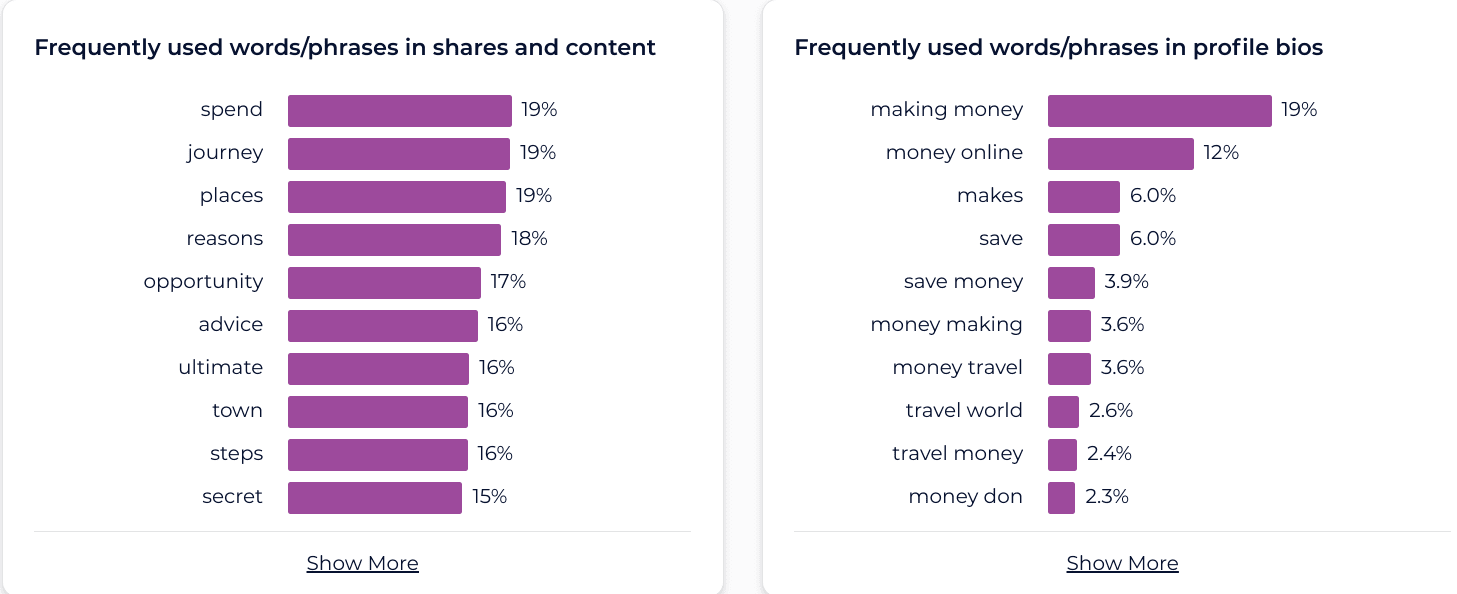Addressing the Problem

SEO Professional at Beach Commute
The issue that Beach Commute faced initially was identifying the correct industry language and ‘coined phrases’ within the space.
Jeff discovered early on that as the ‘location-independent’ community is still developing, there aren’t many established and agreed upon words/phrases used in search terms and queries. As a result, these queries (often asked by those aspiring to / or part of this way of life) can be really varied and difficult to pin down.
“
There are very few people that live this lifestyle, and fewer still that believe it's an option they can take advantage of. Thus, there is no agreed-upon language the people use to search for the topic.
Why did this make things complicated? Well, to put it simply - it’s hard to find your audience if you can’t find the language they’re using.
Keyword research proved the best way for Beach Commute to find and locate audience search terms and queries, but it was more complex than the team had anticipated. It wasn’t so cut-and-dry as other industries, with years of precise data to pull and discover.
Additionally, there was also search intent to consider, as even some of the more ‘obvious’ keyword phrases could have multiple intents, leaving a question mark over their viability.
“
For example, you would assume someone searching for "work and travel" would be right up our alley, right? Wrong! It turns out these folks are looking for programs where they work in exchange for accommodations (like at a hostel) - very cool, but definitely not our target audience.
During this early stage of planning, SparkToro was able to help Beach Commute identify a successful keyword strategy, using in-depth customer insight.
Let’s discover how...



